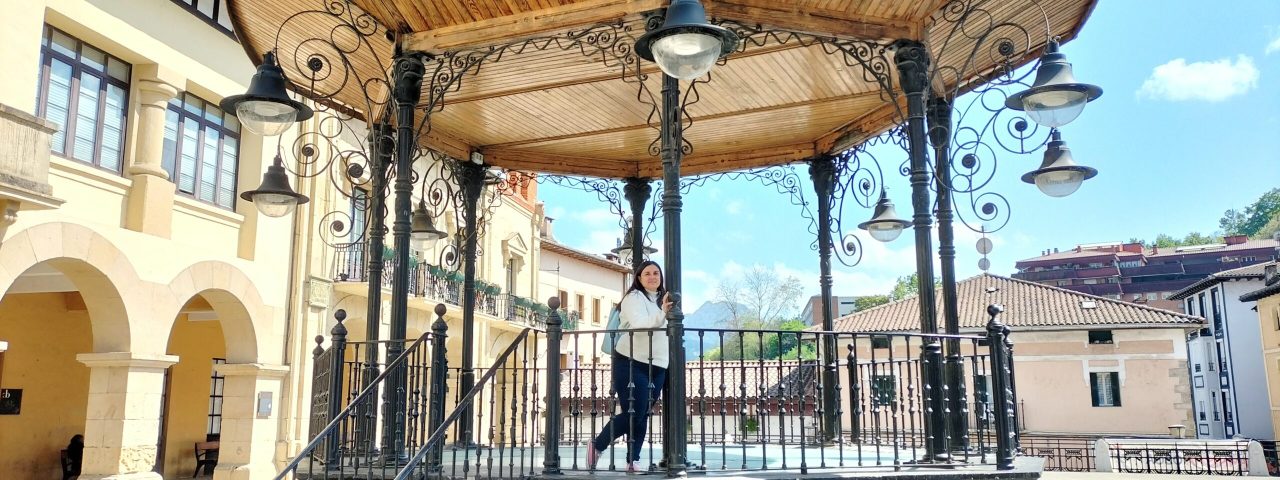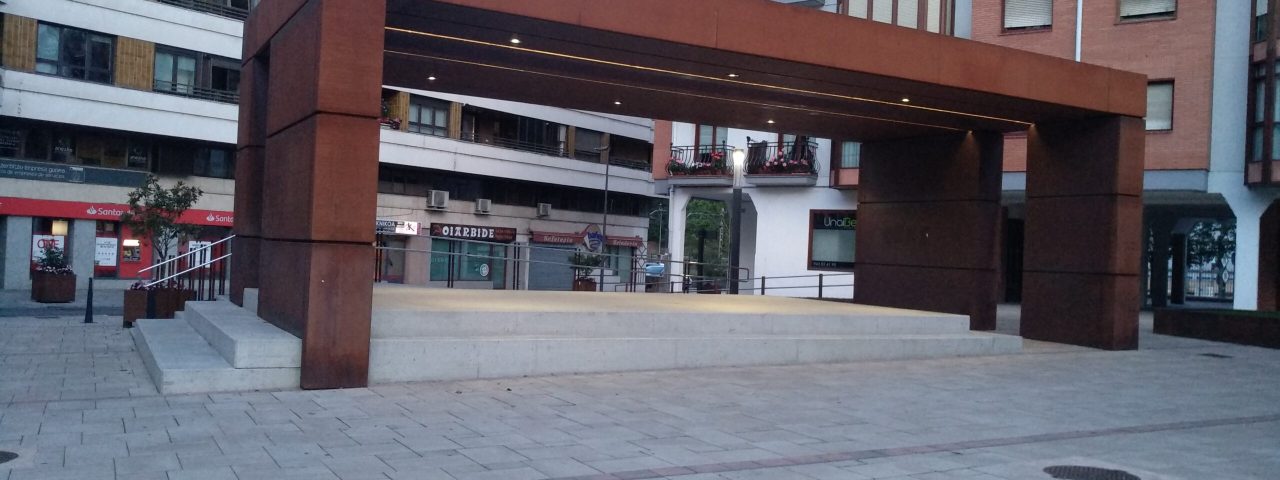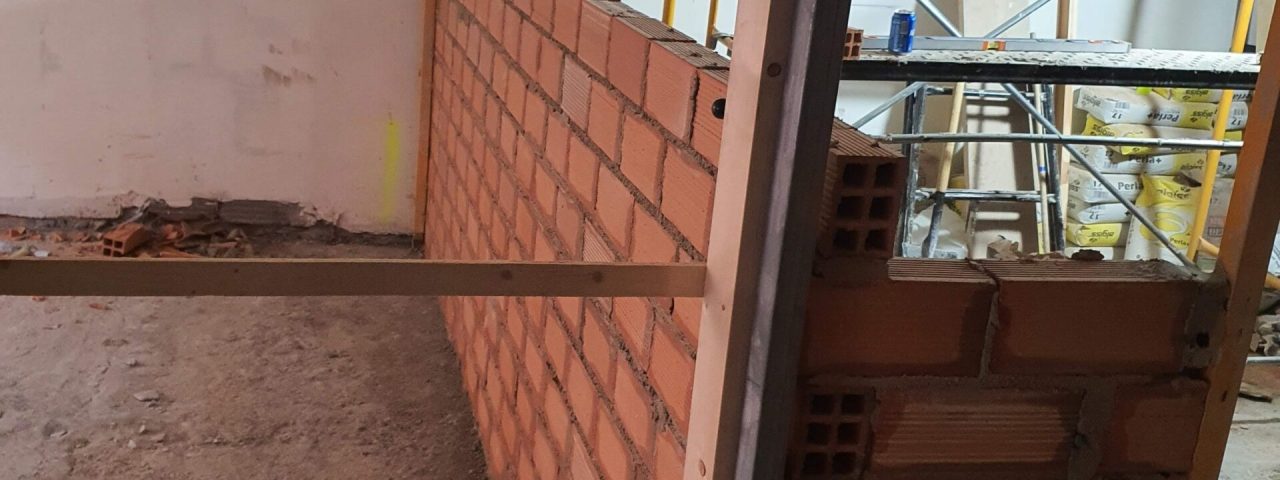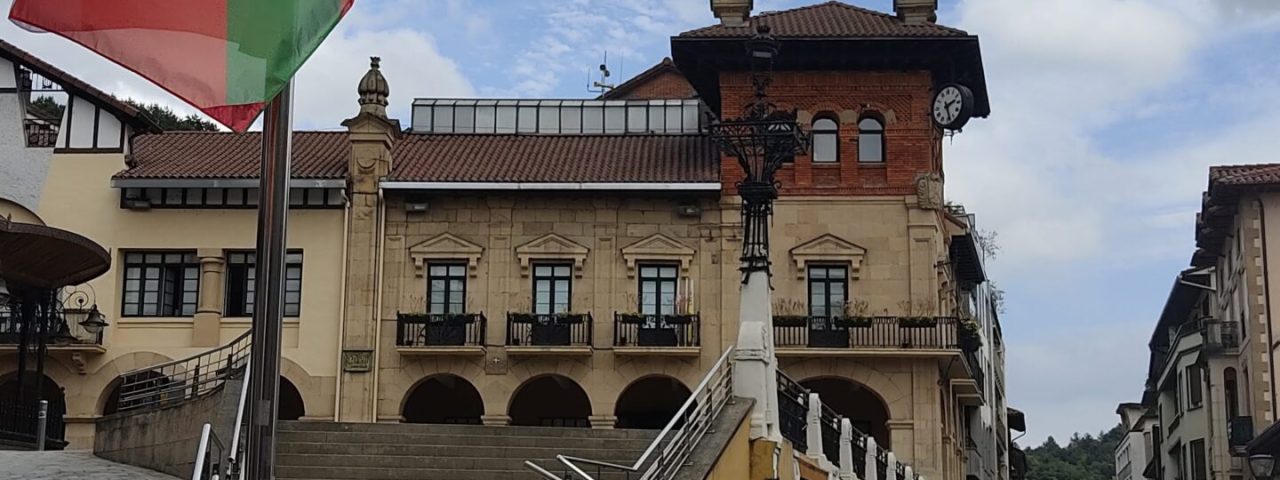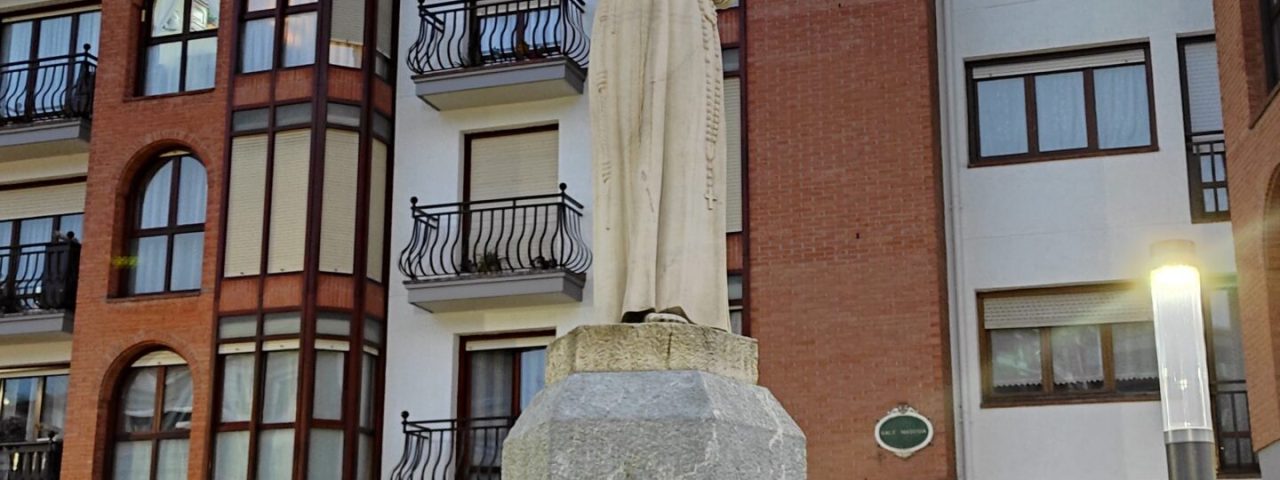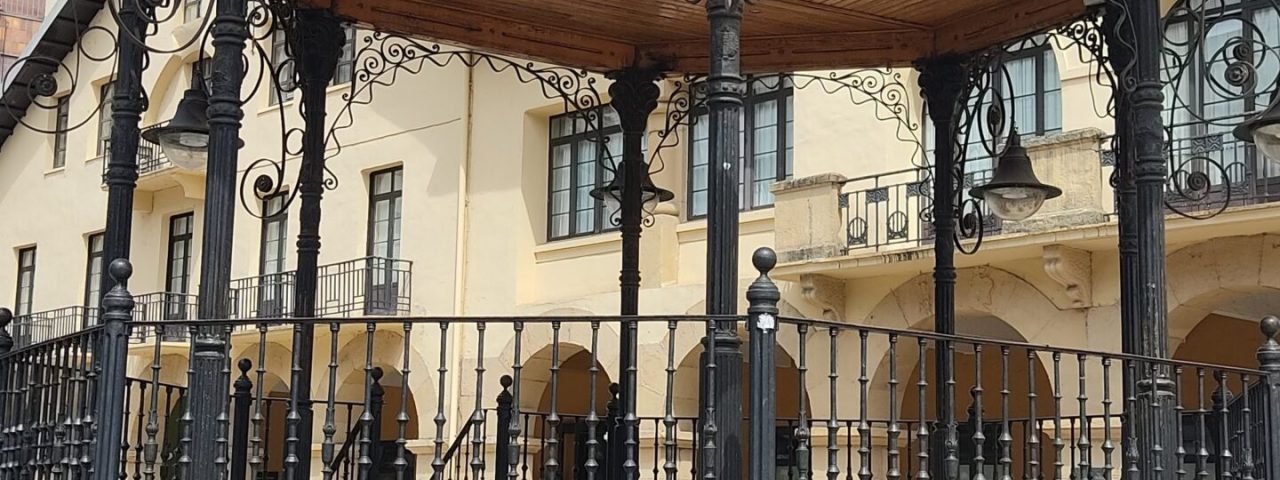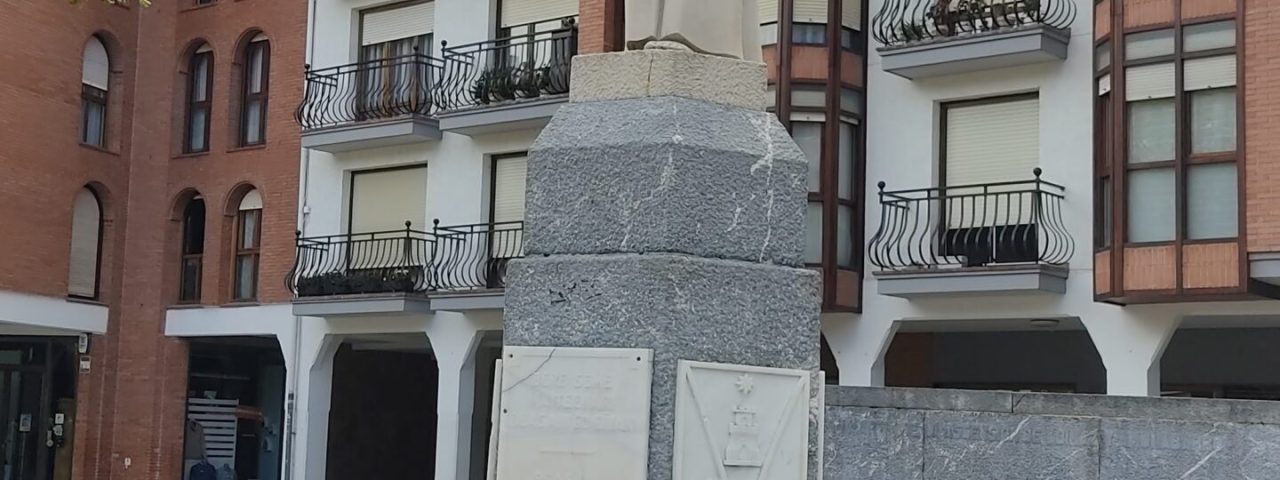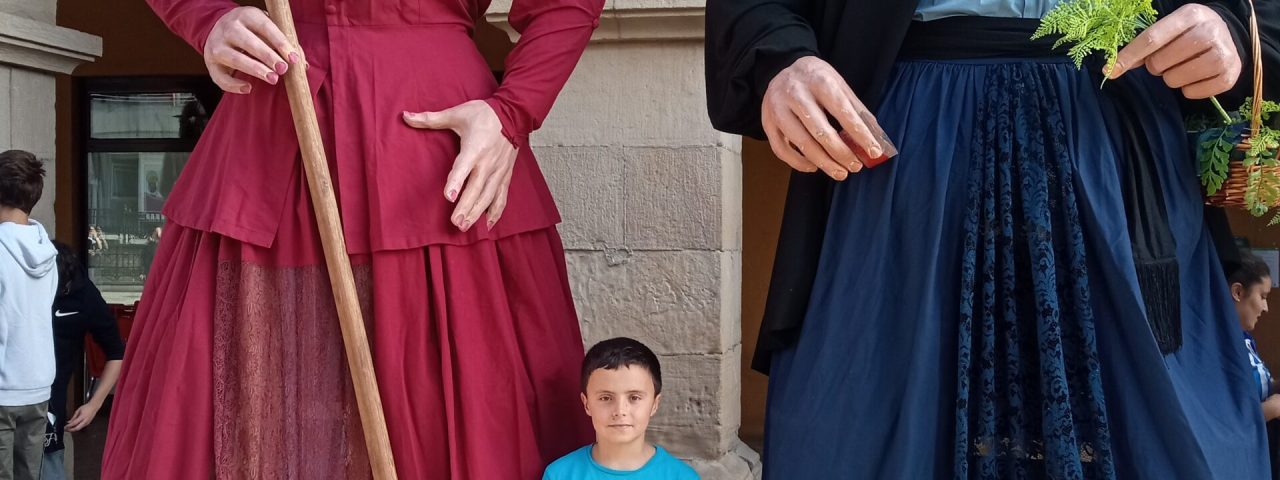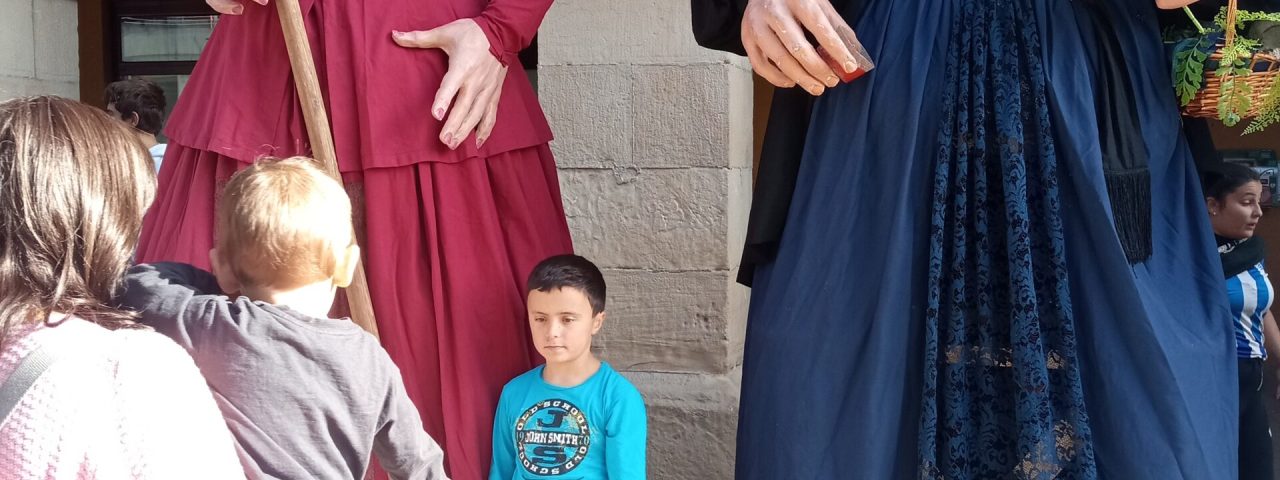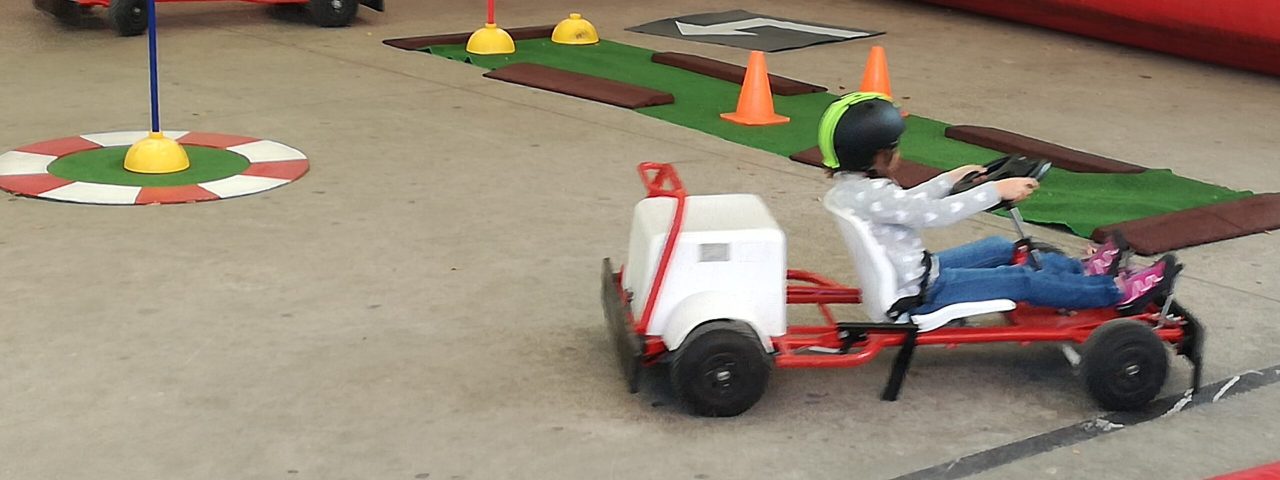Beasain’s history dates back to ancient times, with evidence of Roman and medieval influences throughout the region. Like much of the Basque Country, the town has seen periods of conflict and cultural transformation, but it has retained a strong sense of identity throughout. The region was shaped by Christian and Roman influences during the medieval era, but it is best known for its strong Basque heritage, which is still deeply felt in its language, traditions, and way of life.
Cultural life in Beasain is rich and varied, with many festivals and events celebrating Basque traditions. One of the most significant is the annual Beasain Festival, which takes place in August and includes traditional music, dance, and Basque sports such as stone lifting and wood chopping. The festival provides visitors with an authentic glimpse into the town’s cultural heritage and is a key event for both locals and tourists. Beasain also celebrates its patron saint, San Martín, in November with a range of cultural activities, including religious processions and folk performances.
The town is also known for its traditional crafts, such as stone carving and metalworking, and its strong local customs. Visitors will notice the widespread use of the Basque language (Euskara), alongside Spanish, in everyday life, signage, and public communications, further emphasizing the region’s unique cultural identity.


